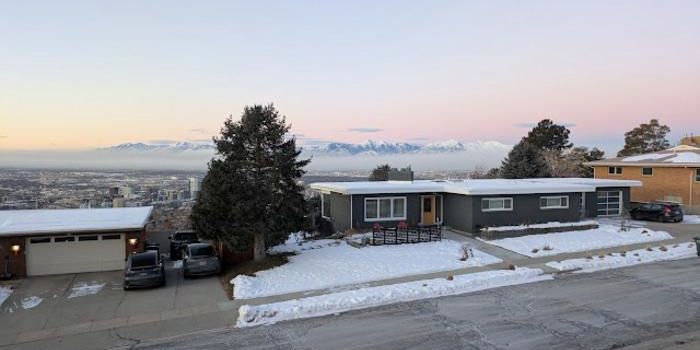COVID Long-Haulers Get Official Recognition
For months, many individuals that have recovered from cases of COVID-19 have reported experiencing a range of lingering health problems, which have been referred to as post-COVID syndrome, or people that are COVID long-haulers. These symptoms vary widely from patient to patient in both severity and affected organ systems. Milder problems include shortness of breath, coughing, and fatigue, while more serious issues include heart palpitations and brain fog. Some patients have ongoing lung abnormalities, inflammation in their heart, hair loss, depression, mood changes, or kidney injury, among other disorders.
Now the condition is getting official recognition, and Dr. Anthony Fauci made an announcement about it this week. "Many of you are now aware of what had long been called long COVID but actually, what that really is is post-acute sequelae of SARS-CoV-2 infection, which we’re now referring to as 'PASC,'" Fauci said.
In a recent study reported in JAMA Network Open (a journal of the American Medical Association), researchers noted that nine months after having recovered from a confirmed case of COVID-19, there were ongoing symptoms in 30 percent of patients. This group of individuals included mild cases that did not require hospitalization. The most common lingering issue was fatigue, repeated by 14 percent of the study participants. In other studies of ongoing symptoms in patients that had been hospitalized, 53 to 74 percent have reported ongoing fatigue, so the severity of PASC may be connected to how severe the COVID-19 case was to start with. There was a reduction of 'health-related quality of life' in 29 percent of patients in the JAMA study.
The JAMA study authors noted that the study was limited because their sample size was small, but there are other indications that COVID-19 will cause health problems in some patients for a while after they've gotten over the acute phase of illness.
Now that we have solid evidence that SARS-CoV-2 infections cause sequelae, or aftereffects, in even mild cases, researchers can start studying how they happen. That may eventually open up treatment options.
"It’s very difficult to treat something when you don’t know what the target of the treatment is," Fauci added. "And that’s the reason why it's extremely important to take a look at these individuals, not only the scope of this and not only, you know, the depth and breadth of the symptoms, but also to try and have some correlate that actually is the pathophysiological correlate."
Dr. Bradley Sanville is a pulmonologist at the University of California Davis who treats PASC patients. "The name is important. I think the colloquial name of 'long haulers' is fine and helps patients identify with others," Sanville told Yahoo Life. "But from a medical standpoint, naming is important because it gives it a little bit of veracity that it otherwise wouldn't have."
Sources: JAMA Network Open, Yahoo News









